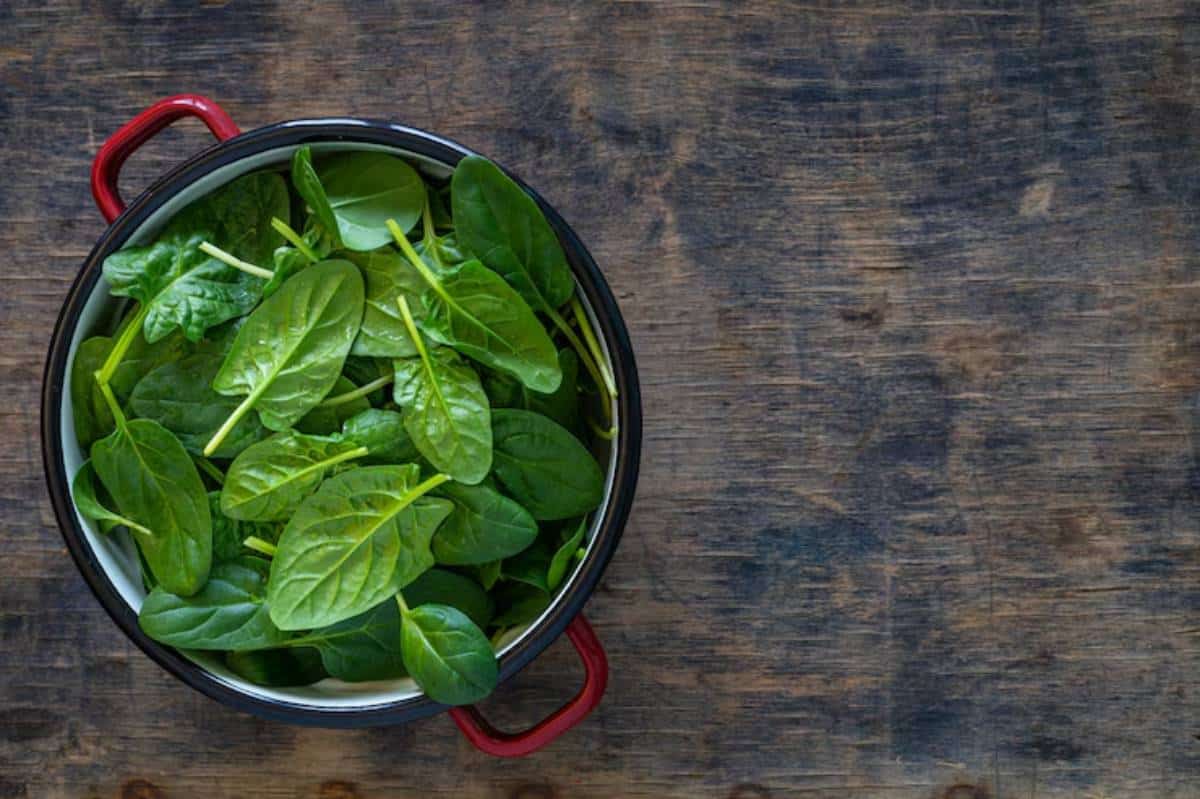
Nutrition and Brain Energy for Procrastination Prevention
When you feel sluggish and mentally foggy, it’s easy to fall into the procrastination trap. The truth is, your brain needs fuel — and not just caffeine or sugar rushes. Your food is crucial in how energised, focused, and motivated you feel. That’s why understanding the link between nutrition and brain energy is one of the most powerful productivity hacks you can apply.
In this guide, you’ll discover practical brain fuel tips, science-backed insights into productivity nutrition, and real-world energy hacks that can help you prevent those motivation dips that lead to delay. Whether you’re a student, professional, or work-from-home parent, these strategies boost mental clarity and reduce the urge to procrastinate.
Why Nutrition Affects Your Brain’s Ability to Focus
The Brain’s Nutritional Demands
Your brain is a high-energy organ. Although it represents only about 2% of your body weight, it consumes up to 20% of your daily energy intake. That means what you eat directly impacts how your brain functions throughout the day.
Key nutrients like glucose, essential fatty acids, amino acids, vitamins, and minerals are pivotal in maintaining cognitive functions such as memory, concentration, and emotional regulation.
Without these nutrients, you’re more likely to experience:
- Mental fatigue
- Poor decision-making
- Mood swings
- Reduced ability to focus
The Link Between Blood Sugar and Procrastination
When your blood sugar spikes and crashes (a common outcome of processed snacks and sugary drinks), your brain experiences energy highs and lows. These dips often manifest as an urge to scroll your phone, take yet another break, or put off important tasks.
Keeping your blood sugar stable helps maintain mental consistency. That stability can be the difference between pushing through a task and falling into a cycle of delay.
Brain Fuel Tips to Stay Energised and Alert
1. Eat a Protein-Rich Breakfast

Skipping breakfast or reaching for toast and jam might seem convenient, but it does little for sustained brain energy. Instead, make a protein-rich breakfast like eggs, Greek yoghurt, or a tofu scramble.
Why it works: Protein provides amino acids such as tyrosine, a precursor to dopamine, the neurotransmitter linked to motivation and focus.
2. Choose Complex Carbohydrates
Use complex options like oats, quinoa, and wholegrain toast instead of simple carbs (white bread, sugary cereal).
Why it works: These release glucose slowly into your bloodstream, preventing the crashes that lead to distraction.
3. Hydration is Non-Negotiable
Mild dehydration can cause concentration issues and fatigue. Aim for 1.5 to 2 litres of water daily, and increase this if you consume caffeine.
Quick hack: Keep a reusable water bottle at your desk and flavour it with lemon or cucumber for added refreshment.
4. Include Omega-3 Fatty Acids
Fatty fish like salmon, walnuts, and flaxseeds are rich in omega-3 fatty acids, which support brain health.
Studies have linked omega-3 intake to improved cognitive performance and reduced symptoms of depression, a common procrastination trigger.
Productivity Nutrition: What to Eat (and When)
Timing Matters
Eating at regular intervals supports consistent energy release. Long gaps between meals may leave you hungry and distracted.
Try this structure:
- Breakfast: Within 1 hour of waking
- Mid-morning snack: Fruit + nuts or yoghurt
- Lunch: Balanced plate with carbs, protein, and veg
- Afternoon snack: Hummus and carrots, or boiled eggs
- Dinner: Light, nourishing, and low in sugar
Avoid Overeating at Lunch
Heavy meals can cause post-lunch sluggishness. If you find yourself yawning at 2 pm, consider reducing portion size and increasing the quality of your lunch.
Better option: Grilled chicken salad with sweet potato and avocado.
The Power of Magnesium

Low magnesium levels are associated with fatigue and irritability. Boost your intake with foods like:
- Spinach
- Almonds
- Dark chocolate (in moderation)
- Pumpkin seeds
Smart Energy Hacks to Beat the Afternoon Slump
Swap the Third Coffee for Green Tea
Caffeine dependency can interfere with sleep and worsen anxiety. Green tea contains L-theanine, an amino acid that promotes calm alertness without the jitteriness.
Why it helps: This combination improves mental performance, particularly when tackling late-day tasks.
Snack with Purpose
Instead of crisps or biscuits, aim for snacks that combine protein + healthy fat + fibre.
Smart snack ideas:
- Apple slices with almond butter
- A boiled egg and wholegrain crackers
- Chia pudding with berries
These choices support energy and keep cravings at bay.
Emotional Eating and Procrastination: A Hidden Link
When you’re feeling overwhelmed, stressed, or uncertain, reaching for comfort food can become a way of procrastinating. This emotional eating pattern is more than a dietary issue; it’s a behavioural coping strategy.
Instead of mindlessly snacking while avoiding work,
Try:
- Taking a 5-minute walk
- Journaling your thoughts
- Drinking a glass of water and reassessing your task
Breaking the cycle of emotional procrastination begins with mindful awareness of what you’re genuinely feeling.
You may also find our guide on emotional avoidance and stress management helpful for deeper strategies.
How Sleep and Nutrition Work Together
A lack of quality sleep can lead to poor food choices, and poor nutrition can disrupt your sleep. This creates a loop that drains energy and increases procrastination tendencies.
To break the cycle:
- Limit caffeine after 2 PM.
- Avoid heavy meals close to bedtime.
- Eat foods rich in tryptophan and magnesium (e.g., turkey, oats, leafy greens)
Improved sleep hygiene supports better willpower and cognitive resilience.
Supplements That Support Mental Clarity (But Use with Caution)
While it’s best to get nutrients from food, certain supplements may enhance brain energy in specific cases:
- Vitamin B12: Supports nerve health and energy metabolism
- Vitamin D: Especially in winter months, low levels linked to fatigue
- Adaptogens: Like Rhodiola or Ashwagandha for stress support
Always consult a healthcare professional before introducing new supplements, especially if you’re on medication or have underlying health conditions.
Building Sustainable Habits for Lasting Energy
Start Small
Overhauling your diet overnight is rarely sustainable. Begin with one or two changes, such as eating a protein-rich breakfast or reducing sugar intake.
Prepare in Advance
Meal prepping helps avoid last-minute decisions that lead to poor choices. Even preparing snacks the night before can support your productivity plan.
Track How You Feel
Use a simple journal or app to note your meals, energy levels, and productivity. Patterns often emerge that can guide further improvement.
You might also explore morning energy routine.
Conclusion: Fuel Your Brain, Defeat Delay
Procrastination is not always a matter of poor discipline — sometimes, it’s poor fuel. Your brain requires consistent, quality nutrition to stay sharp and engaged. From choosing the proper breakfast to recognising emotional eating triggers, food choices influence how well you manage your time and tasks.
Integrating simple, sustainable nutrition habits into your daily routine can dramatically reduce brain fog and boost motivation. It’s not about perfection, but progression. Start with one change today and notice how your focus improves tomorrow.
Take action now: Plan your next three meals using the brain fuel tips above, and watch your productivity shift.


